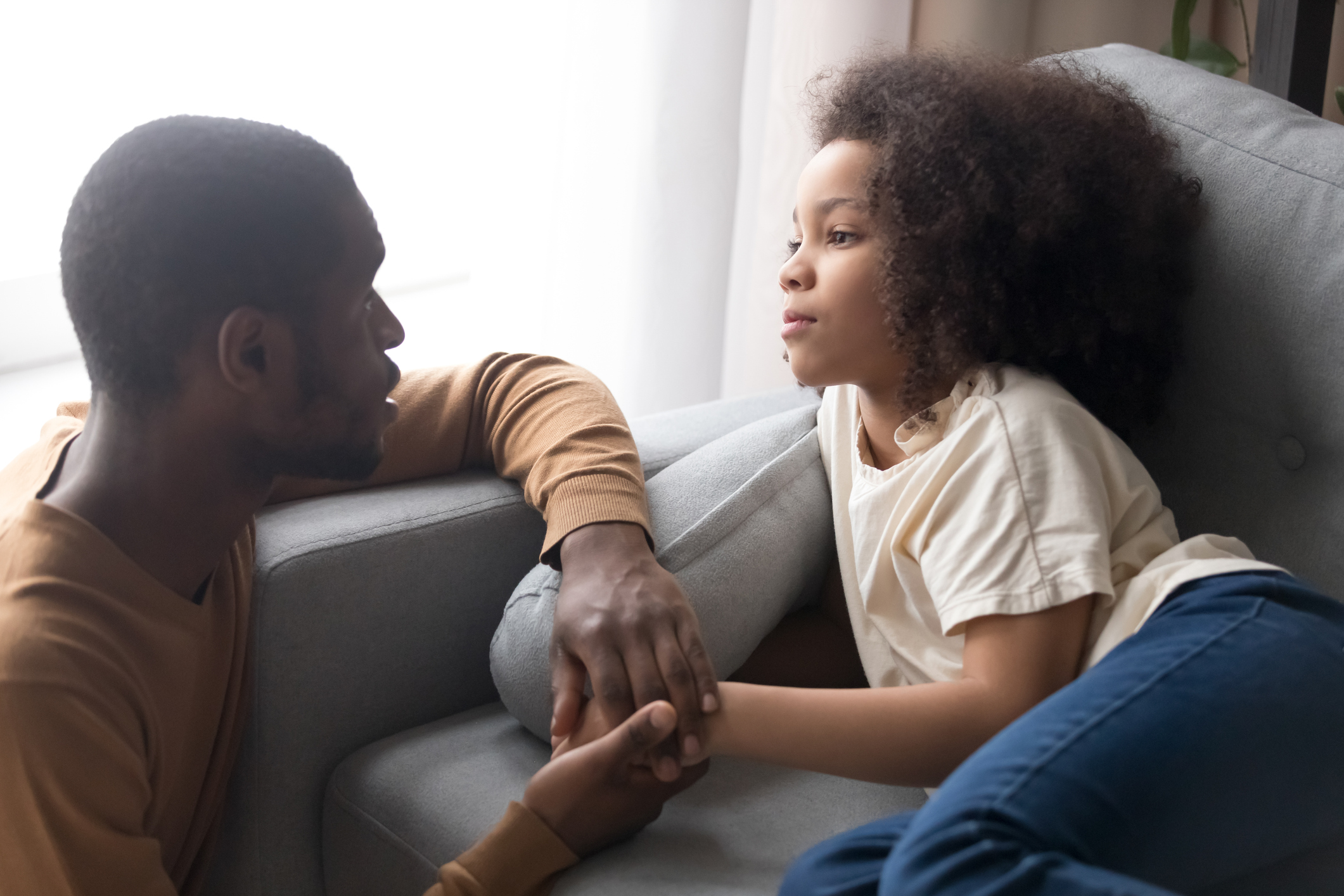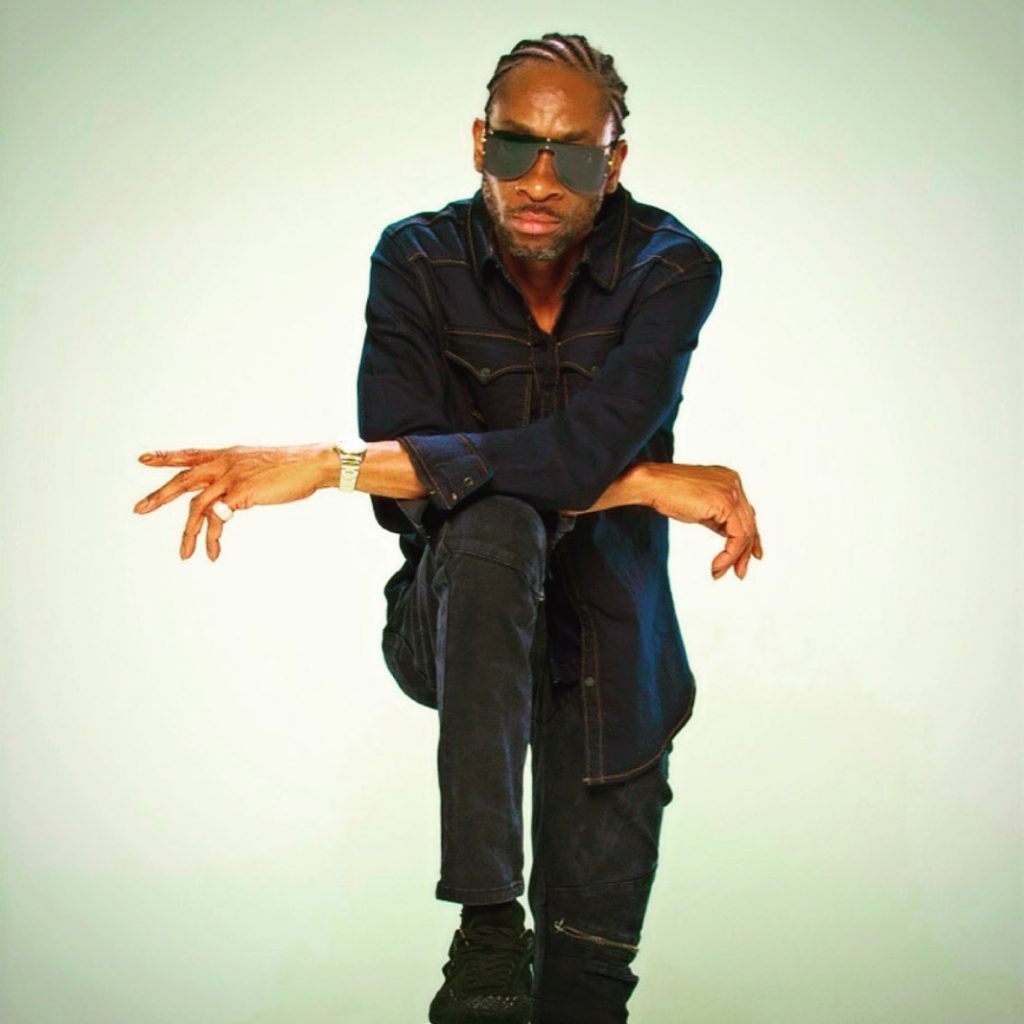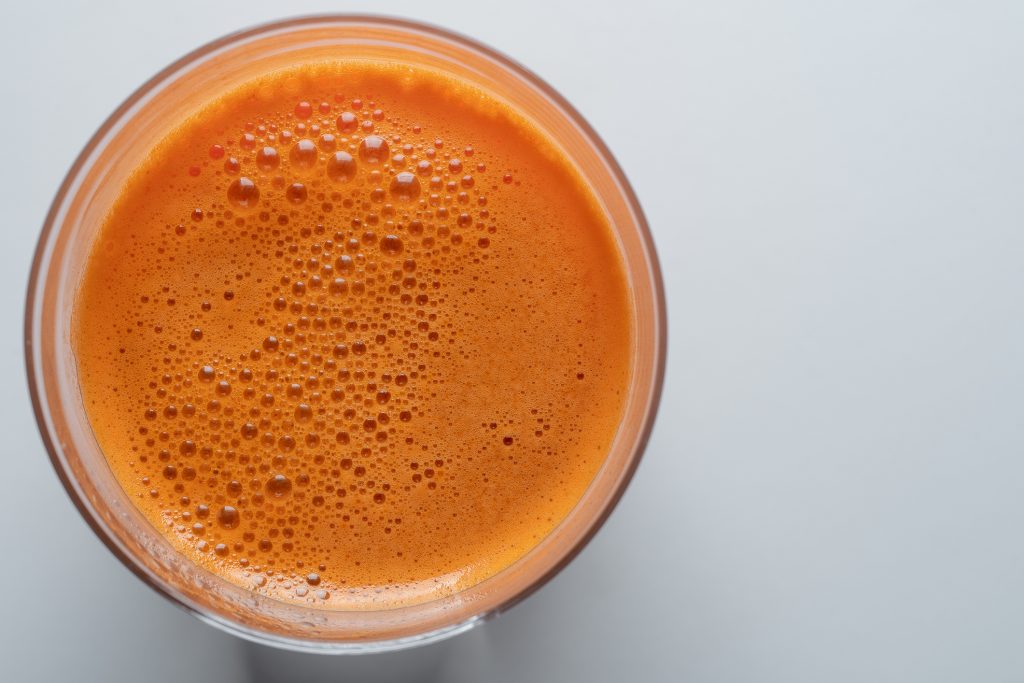Let’s set the record straight. Jamaicans are never the first persons to apologize and ask for forgiveness – even when there is enough evidence to demonstrate that they’ve done wrong. It’s a Jamaican ting. You might have a chance to squeeze a confession from a Jamaican but don’t hold your breath on remorse. And we’re not saying that Jamaicans are mean-spirited. Jamaicans are warm, friendly and kind people who happen to dislike apologizing.
Now here are 5 ways Jamaicans say “I’m sorry” without actually saying “I’m sorry.”
1. Hush
This is not meant to be an insult or a command to be silent. It is actually the closest patois term to ‘I’m sorry’. The term is usually said to demonstrate empathy and offer comfort to someone who has been wronged.
2. Mi Neva Mean it!
This patois phrase translates to “it wasn’t my intention to be offensive.” Jamaicans often use this statement to de-escalate a quarrel or a situation that was taken the wrong way. After all, it wasn’t their intention to offend you, it just escaped their lips.
3. Yuh Soft eeh!
If you’re met with this response when expressing how bad you felt after a heated conversation with a Jamaican, please know that it is not really a compliment. It is actually the opposite. The Jamaican in this scenario is saying that you are thin-skinned.

4. Alright done!
If an argument seems to persist longer than it should, this Jamaican expression is used to bring it to an end. At this point, the Jamaican feels guilty and embarrassed especially when the other person can successfully articulate the Jamaican’s transgressions. Remember a true yaadie does not appreciate being labelled as ‘wrong’ especially in large crowds.
5. Alright yuh win!
Similar to the last expression, this term is used to bring an abrupt end to what could be a drawn-out dispute. In this instance, the Jamaican has accepted that the other person has presented a stronger argument and therefore prefers to save face by making amends.
Have you ever found yourself in a heated exchange with a Jamaican? Which one of the expressions listed above did the Jamaican use? Or maybe you’re a Jamaican who can identify with some of the scenarios we’ve listed above.
Do you still find it hard to apologize?
Thankfully, through various culture-sharing opportunities, a new generation of Jamaicans are emerging who have found the glorious benefits of an apology and seeking forgiveness.
For the rest who have committed to a life of no apologies, “God Guh Wid Unnu caus mi nah come.”
Subscribe to Listsja.com so that you’re the first to be notified when we publish a fresh list on your favourite topics.





